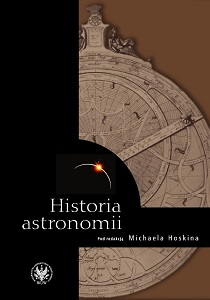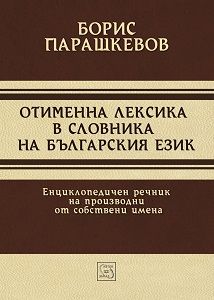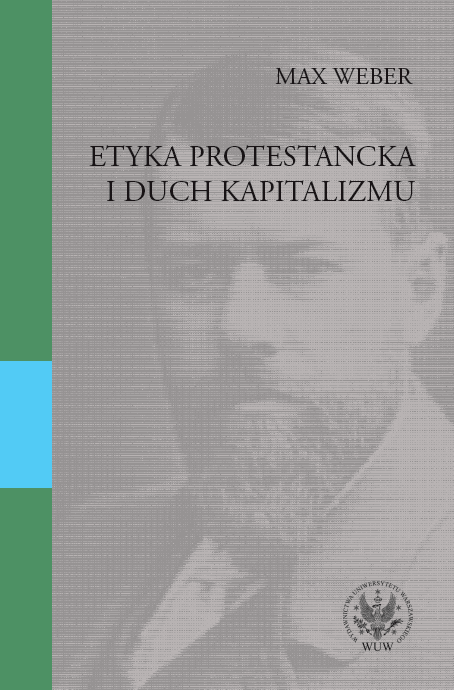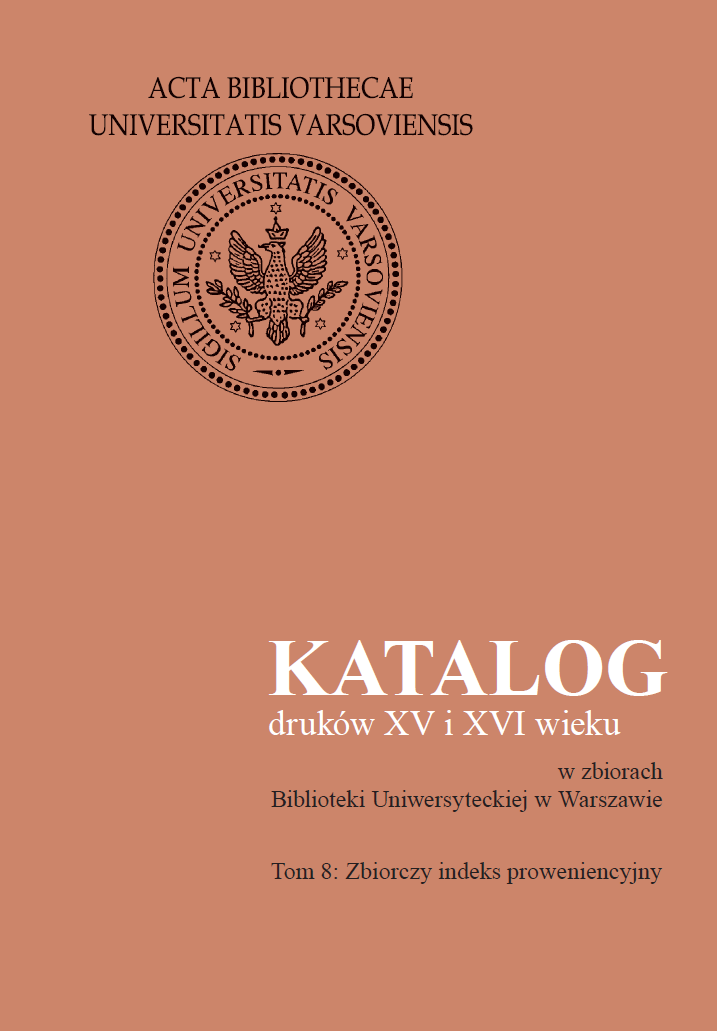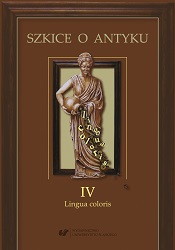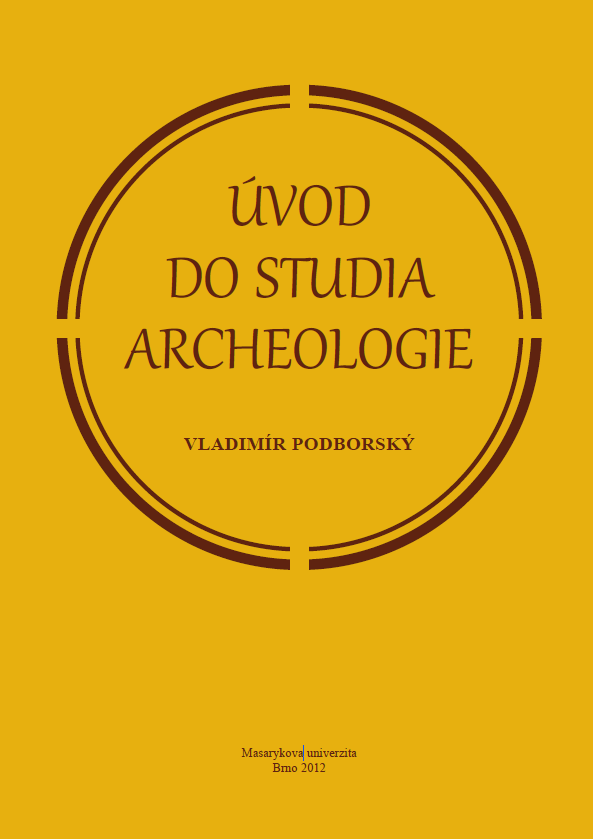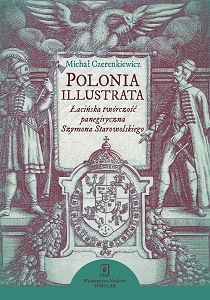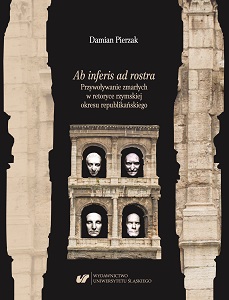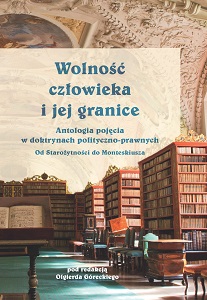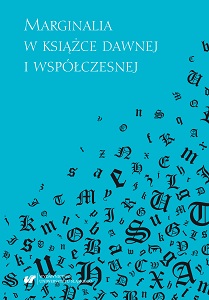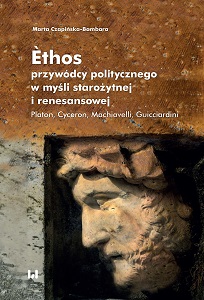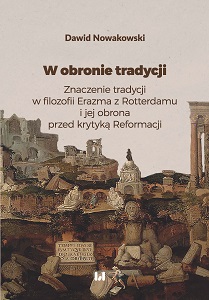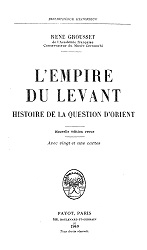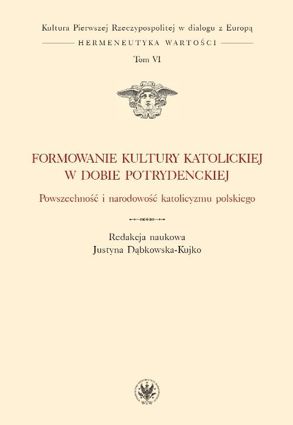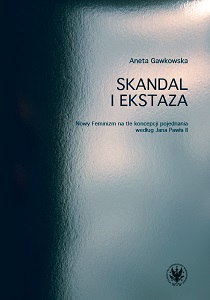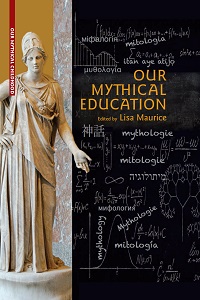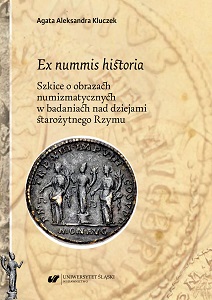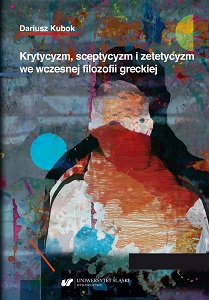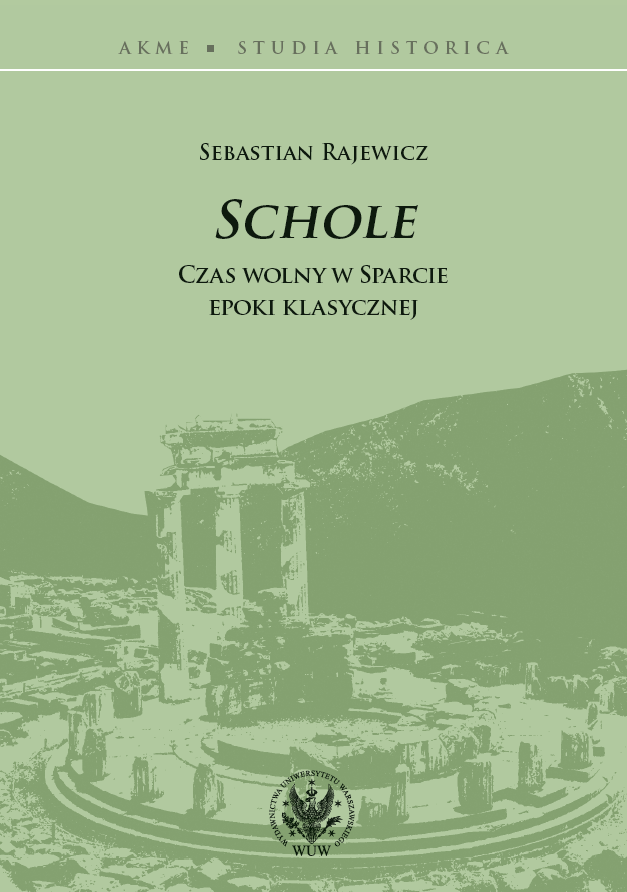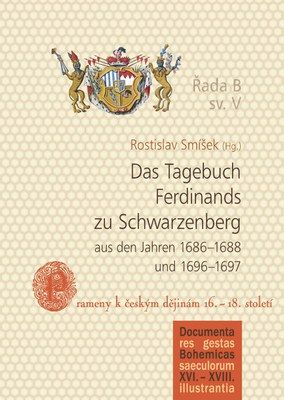Wolność człowieka i jej granice. Antologia pojęcia w doktrynach polityczno-prawnych. Od Starożytności do Monteskiusza
Author(s): Michał Bizoń,Olgierd Górecki,Janina Gajda-Krynicka,Romuald Piekarski,Jacek Salij,Marek Tracz-Tryniecki,Tomasz Szczech,Bogdan Szlachta,Jakub Skomiał,Andrzej Sylwestrzak,Zbigniew Rau,Dorota Pietrzyk-Reeves,Dawid Nowakowski,Jacek Malczewski,Iwona Barwicka-Tylek,Artur Andrzejuk / Language(s): Polish
Keywords: philosophy of the Middle Ages and the Renaissance;ancient thinkers;ancient philosophers;constitutionalism;political and legal doctrines;human freedom;reformation
The three-volume monograph offers a comprehensive study of the category of freedom which was used in the legal and political doctrines by representatives of the western civilization since antiquity up to the present. The publication reviews concepts put forward by ancient thinkers (Plato, Aristotle, the Stoics, Cicero, St. Augustine), propositions of philosophers active in the Middle Ages (St. Thomas, William of Ockham) and the most prominent theories of the Renaissance (Machiavelli, the Renaissance utopias, Reformation, the School of Salamanca). The Polish Renaissance thought has also been presented. It ushered in an antiquity tradition revival which manifested itself in treatises in 16th-century republican discourse and, in a developed form, in the works of Andrzej Maksymilian Fredro. The monograph also includes interpretations of Thomas Hobbes’s, Algernon Sidney’s and John Locke’s propositions as well as a study of the thought of Montesquieu together with a discussion of the theory of the separation of powers, especially with regard to the trias politica model from the perspective of constitutionalism. The review of numerous philosophical positions reveals a range of discrepancies in the perception of the concept of freedom not only in different historical periods but also among the representatives of the main political doctrines. The plethora of cited approaches unequivocally points to the interdisciplinary character of research on freedom as a philosophical category. Therefore, a presentation of the spectrum of differences through the application of scientific analysis seems a fundamental prerequisite for any attempt at arriving at a comprehensive and multilevel understanding of the idea of freedom.
More...
